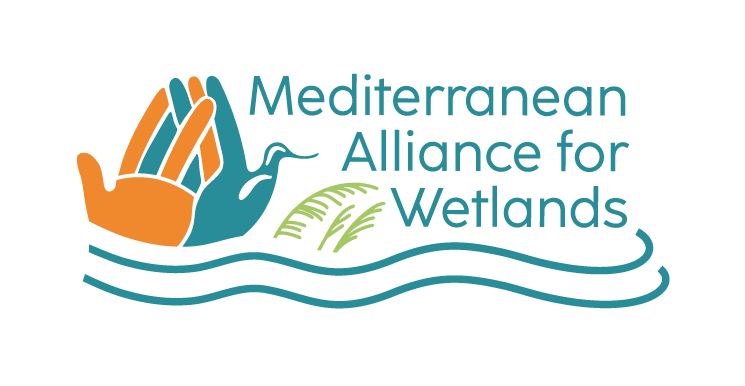Empowering Wetland Conservation Through Training and Collaboration
The Gediz Delta, one of the most ecologically significant coastal wetland ecosystems in Türkiye, provides critical wildlife habitat including winter habitat for over 80,000 birds, some of which globally threatened species. The delta also supports traditional and sustainable practices of fishing, salt production, agriculture and livestock farming using local breeds and indigenous seeds, while providing larger populations with flood regulation, water filtration, and carbon sequestration. Despite the global recognition of its value and its nationally protected status, the Gediz Delta faces conservation challenges similar to many wetlands in Türkiye: urbanisation, unsustainable agriculture, drainage, pollution, mining, unregulated access, and illegal hunting.
The Doga Dernegi project team has identified a critical gap in education related to wetland ecosystems in both primary and higher institutions, which has contributed to limited awareness of these ecosystems and advocacy for conservation. To address the need for an aware and engaged community, project activities include developing a dedicated curriculum and delivering a training course for students, local organizations, and decision-makers. Combined with midwinter waterbird censuses and breeding data updates for key species, these efforts are designed to empower a new generation of advocates and engage the local community in sustainable wetland management. The project builds on over two decades of conservation work carried out by the team in the region, including environmental training, monitoring, and habitat restoration.

